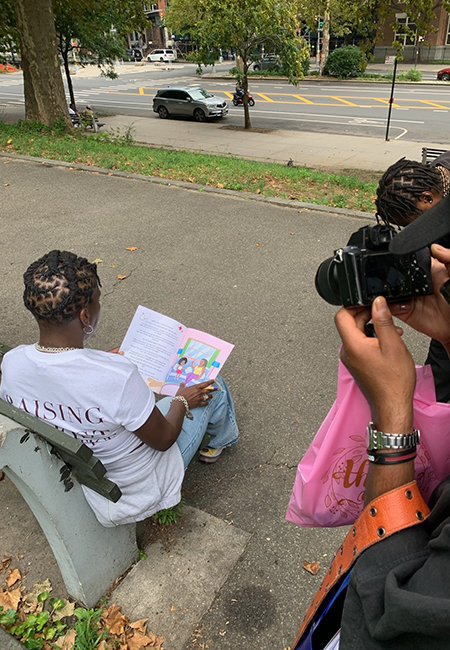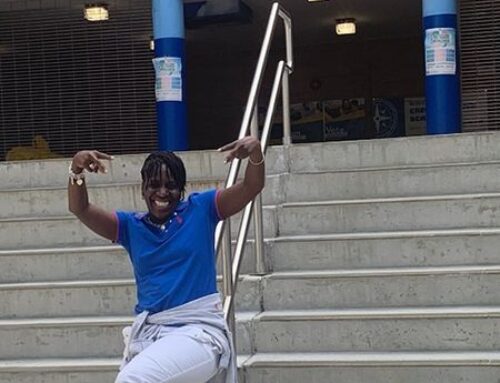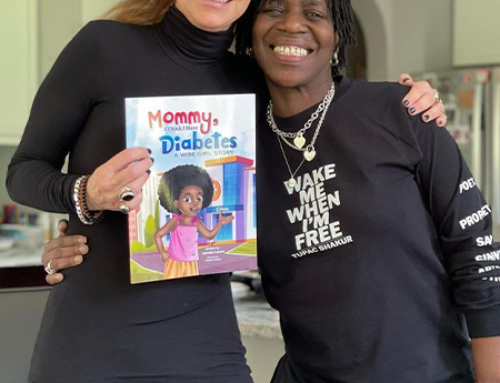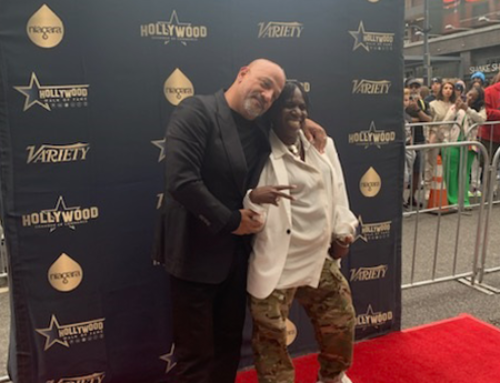Walked the block. I hit the neighborhood and took Imani’s story with me. What I found there was addiction, alcoholism, homelessness, despair, and hope. And a lot of it begins with diabetes.
Meet Jose. He stands in and outside the bodega each day living with type two diabetes.Our Hispanic brothers and sisters are affected by diabetes. The Centers for Disease Control reports that Hispanics living in the U.S. are 17% more likely to have Type 2 diabetes than non-Hispanic white people. That number goes up when people like Jose without the money to access health insurance can’t get the insulin or care they need.
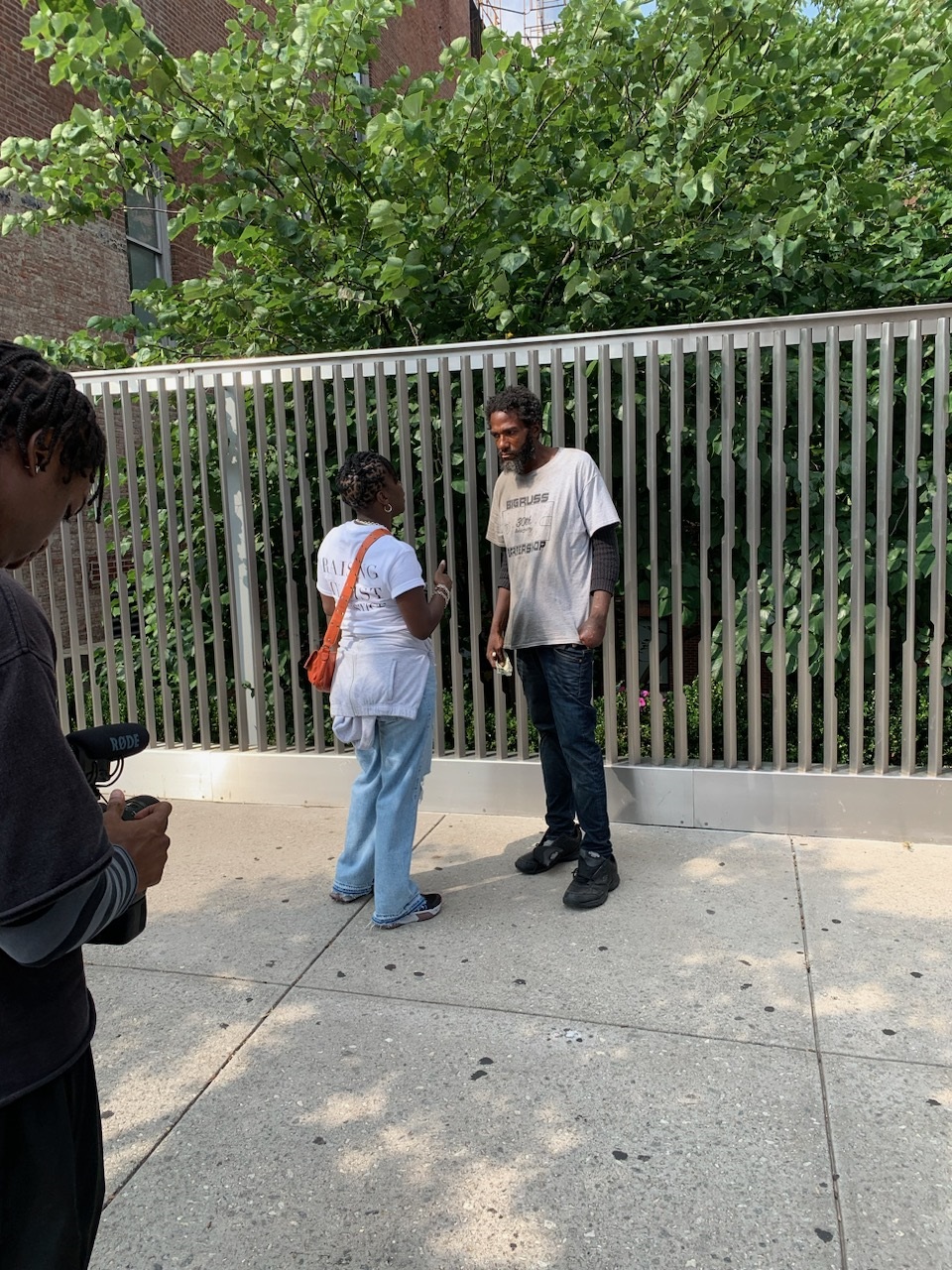
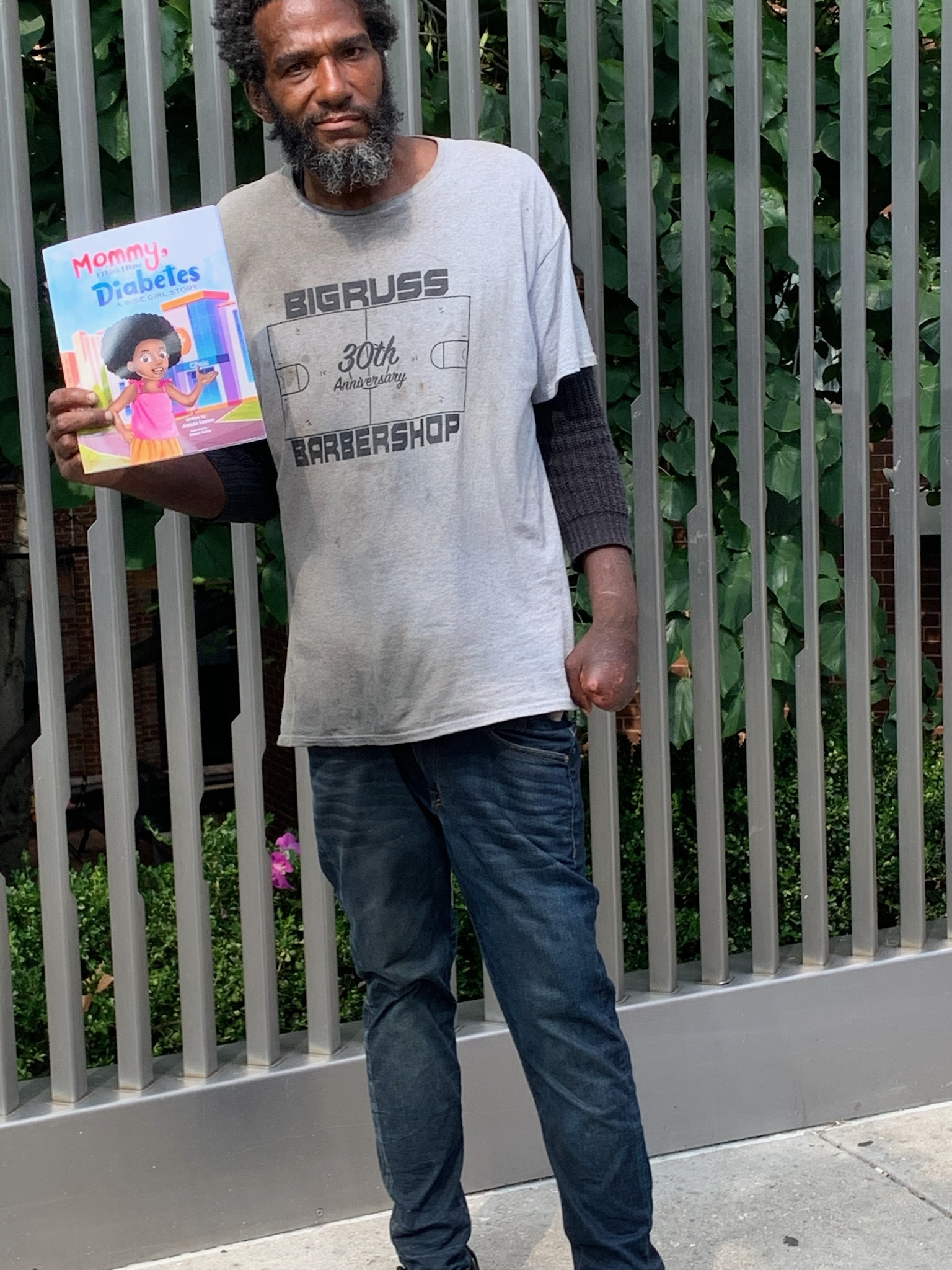
This is Dave – the dope fiend who took time out to listen to my story. Although he’s a product of drug addiction in our community, he is also a diabetic, struggling to stay alive. I was grateful to shake his hand and give him a few dollars. But like so many of the people I met in my hometown, Dave needs more than I can give him on my own.
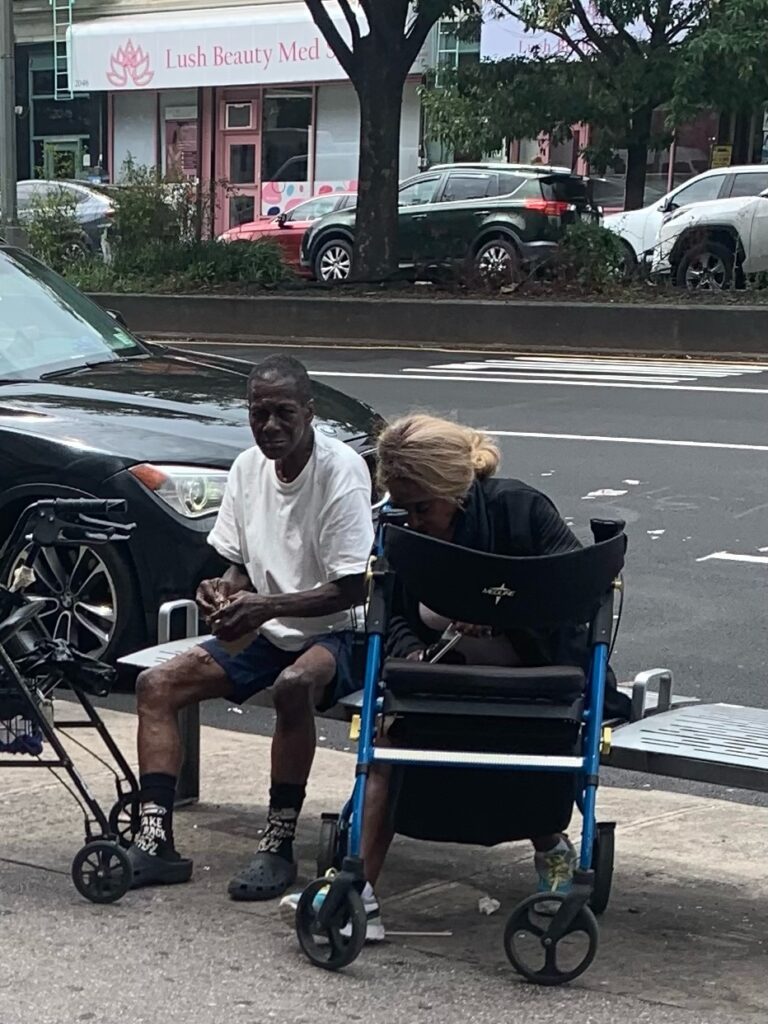
Stop and think about the people we see living on the street every day. Diabetes affects millions of our people – from Harlem to Atlanta to Los Angeles. My Aunt Alfeni Shakur made healthcare access for poor people her top priority. She fought to force emergency rooms to open their doors to everyone, and helped write the first Hospital Bill of Rights in New York City.
In an interview with Tupac when he was going to high school in Los Angeles, he spoke about our community’s needs to “eat right and live a healthy life.” Our families have the right to access affordable insulin and diabetes monitoring devices. We owe it to our children to stand up for our healthcare future.
Being in Harlem this Summer with copies of my book was one small step toward getting the word out. In my next article, I’ll tell you all about my visit with the great people at Mount Sinai Children’s Hospital, and how Mommy, I Think I Have Diabetes was received by the doctors and administrators there.
